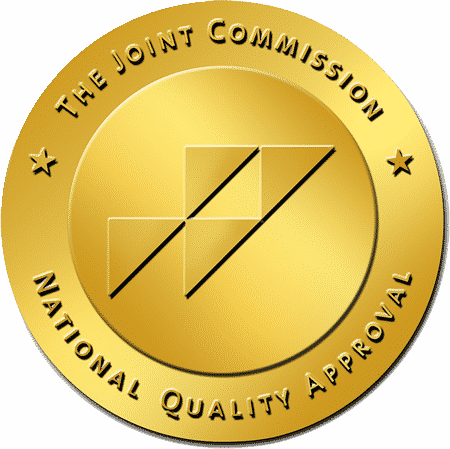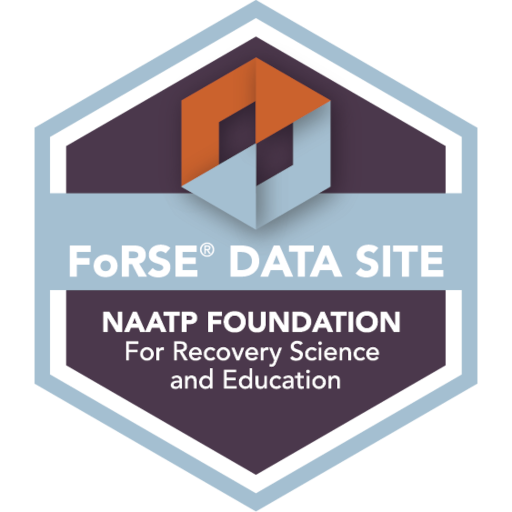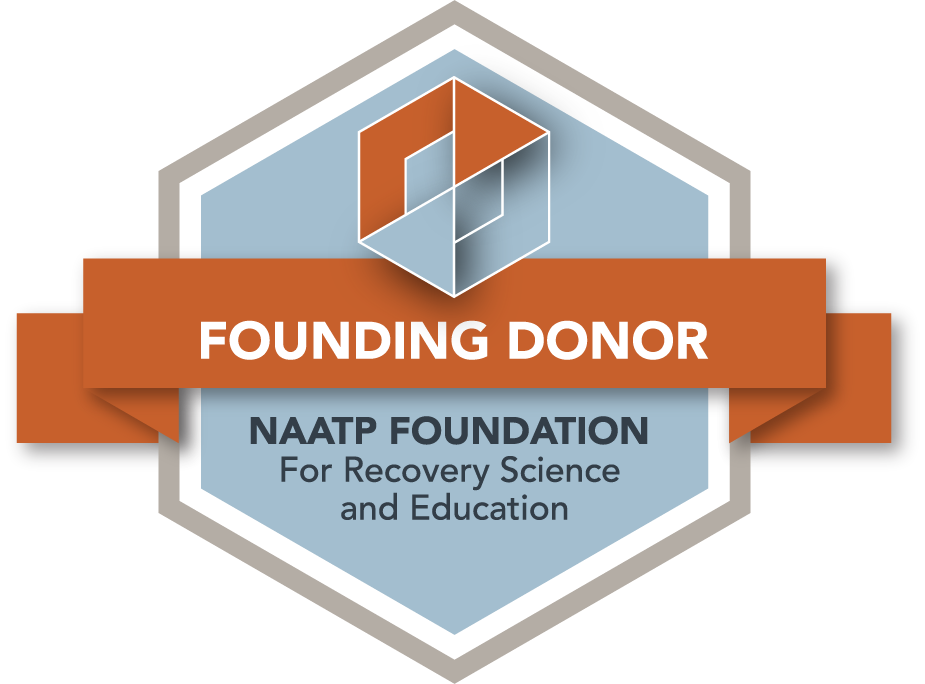Alcoholism is a chronic and potentially debilitating disorder that affects individuals across the globe. Recognizing the signs and symptoms of alcohol misuse is crucial for early intervention and seeking appropriate help.
This article will delve into the symptoms of alcoholism, shedding light on the physical, emotional, and behavioral signs that can help identify this condition. By understanding these indicators, individuals can take the necessary steps toward recovery and a healthier life.

What Are the Symptoms of Alcohol Abuse Disorder?
Alcoholism, also known as alcohol use disorder (AUD), is a chronic condition characterized by an individual’s compulsive and problematic consumption of alcohol. While the warning signs and symptoms of alcoholism can vary from person to person, there are common indicators that can help identify the presence of the disorder. Here are some common symptoms of alcoholism:
Cravings and Loss of Control
Individuals with alcoholism often experience intense cravings or an intense desire to drink. They may find it difficult to control or limit their consumption once they start drinking alcohol, leading to binging.
Increased Tolerance
Developing a tolerance to alcohol is a common symptom of alcoholism. Over time, individuals with alcohol use disorder may require higher amounts of alcohol to achieve the same amount of desired effect or to feel intoxicated.
Withdrawal Symptoms
When individuals dependent on alcohol attempt to reduce or stop binge drinking, they may experience symptoms of withdrawal.
Experiencing withdrawal symptoms can include tremors, anxiety, sweating, nausea, vomiting, insomnia, irritability, restlessness, and seizures. The presence of withdrawal symptoms is a strong indication of alcohol dependence.
Neglect of Responsibilities
Alcoholism often leads to neglect of critical responsibilities, such as work, school, or family obligations. Individuals may experience a decline in performance, absenteeism, or a lack of interest in activities they previously enjoyed as alcohol becomes the primary focus of their lives.
Loss of Interest and Isolation
People with alcoholism may lose interest in social activities, hobbies, and relationships that were once meaningful to them. They may start isolating themselves, preferring to spend time drinking alone or with others who share their habits.
Continued Drinking Despite Consequences
One of the key symptoms of alcoholism is the persistent use of alcohol despite adverse consequences. These can include relationship problems, legal issues, financial difficulties, health complications, and declining mental and physical well-being. Despite these negative effects, individuals with alcoholism struggle to control or stop their binge drinking.
Denial and Defensiveness
Many individuals with alcoholism deny or downplay the severity of their drinking problem. They may become defensive when confronted about their alcohol use or their problem drinking and may become evasive or secretive about their drinking habits.

Impact of Alcohol Addiction
Alcoholism can significantly affect various aspects of an individual’s life, including physical health, mental well-being, relationships, and overall quality of life. Here are some key areas where alcoholism can have a profound impact:
Physical Health
Excessive and prolonged alcohol consumption can lead to many physical health problems. These can include liver damage (such as alcoholic hepatitis, cirrhosis, or fatty liver), cardiovascular issues (like high blood pressure, irregular or rapid heartbeat and, and higher risk of stroke), digestive problems, pancreatitis, weakened immune system, increased risk of various cancers (including liver, mouth, throat, esophageal, and breast), and neurological disorders.
Mental Health
Alcoholism is often associated with mental health issues. It can contribute to or worsen conditions such as depression, anxiety disorders, bipolar disorder, and sleep disturbances. Alcohol acts as a depressant on the central nervous system. While it may initially provide temporary relief from stress or anxiety, it can lead to a cycle of dependency and exacerbate mental health symptoms over time.
Relationships and Social Interactions
Alcohol abuse can strain relationships with family, friends, and romantic partners. Heavy drinking can lead to conflicts, neglect of responsibilities, and emotional and physical abuse.
The behaviors associated with alcoholism, such as lying, hiding when they drink alcohol, and prioritizing drinking over relationships, can erode trust and greatly affect the individual’s social and emotional support system.
Work and Finances
Alcoholism can negatively affect a person’s professional life, job performance, and career prospects. Absenteeism, decreased productivity, impaired decision-making, and increased likelihood of accidents or injuries can result in job loss or difficulty maintaining steady employment.
Financial strain can arise due to excessive spending on alcohol, legal issues, medical expenses, and the overall impact on the individual’s ability to manage finances effectively.
Legal Consequences
Alcohol-related behaviors, such as drunk driving or engaging in illegal activities while under the influence, can lead to legal problems, including fines, license suspension, mandatory addiction treatment programs, or even imprisonment. These legal issues can have long-lasting effects on an individual’s record and future opportunities.
Neglect of Personal Care
Individuals with alcohol intoxication often neglect their personal care, including proper nutrition, hygiene, and exercise. This neglect can contribute to deteriorating physical health, a weakened immune system, and an overall decline in well-being.
Risk of Accidents and Injuries
Accidents and injuries are far more likely to occur when someone is under the influence of alcohol or other substances, since it affects judgment, coordination, and response time. Alcohol-related problems and accidents can range from falls, burns, and cuts to more severe incidents like motor vehicle accidents or alcohol poisoning.
Isolation and Stigma
Alcoholism and substance abuse can lead to social isolation, shame, or guilt. The stigma associated with alcohol abuse may discourage individuals from seeking help, further exacerbating the negative impact on their well-being and delaying their path to recovery.
The negative consequences of alcoholism are not limited to the individual alone; it also affects family members, friends, and the broader community. However, it is essential to remember that alcoholism is a treatable condition.
With proper support, mental health treatment, and lifestyle changes, individuals can embark on a journey of recovery, leading to improved physical and mental health, restored relationships, and a better quality of life.

Treating Alcohol Use Disorder
Treating alcoholism, or alcohol use disorder (AUD), typically involves a comprehensive approach that addresses the condition’s physical, psychological, and social aspects. Here are some common methods and strategies used in the treatment of alcoholism:
- Medical detoxification: For individuals with severe alcohol dependence, medical detoxification may be necessary. This process involves supervised withdrawal under medical supervision to manage symptoms and prevent complications. Medications may be prescribed to ease alcohol withdrawal and reduce cravings.
- Behavioral therapies: Various behavioral therapies are effective in treating alcoholism. These therapies aim to modify unhealthy thoughts, behaviors, and patterns related to alcohol use. Some commonly used approaches include:
- Cognitive-Behavioral Therapy (CBT): CBT helps individuals identify and change negative thought patterns and behaviors associated with alcohol use. It focuses on developing coping skills, managing triggers, and preventing relapse.
- Motivational Enhancement Therapy (MET): MET is a client-centered approach that helps individuals explore and enhance their motivation to change their harmful drinking behavior. It aims to strengthen internal motivation and commitment to sobriety.
- Contingency Management: This approach provides incentives or rewards for maintaining abstinence from alcohol or achieving treatment goals. It reinforces positive behaviors and can help individuals stay motivated during recovery.
- Mutual help groups: Participating in a mutual support group, such as Alcoholics Anonymous (A.A.), can provide invaluable peer support, guidance, and a sense of community. These groups follow a 12-step program that emphasizes personal responsibility, self-reflection, and support from others in recovery.
- Medications: Several medications are approved by the U.S. Food and Drug Administration (FDA) to treat alcoholism. These medications can help reduce cravings, deter alcohol consumption, and manage withdrawal symptoms. Examples include naltrexone, acamprosate, and disulfiram. This method is often used in conjunction with behavioral therapies.
- Counseling and psychotherapy: Individual counseling or psychotherapy can be beneficial in addressing underlying psychological issues, managing stress, developing coping strategies, and improving overall mental well-being. Therapists can help individuals explore the underlying causes and triggers of their alcohol use and provide support throughout the recovery process.
- Family therapy: Alcoholism can have a significant influence on family dynamics. Family therapy can help address communication problems, heal relationships, and educate family members about alcoholism. Involving family members in the treatment process can enhance support and create a more conducive environment for recovery.
- Aftercare and relapse prevention: Recovery from alcoholism is an ongoing process, and aftercare is crucial for long-term success. Aftercare programs may involve continuous therapy, support groups, relapse prevention strategies, and assistance with rebuilding a person’s life skills and social support networks.
Treatment approaches can vary based on individual needs, preferences, and the severity of the alcohol use disorder. It is recommended to seek professional help from a mental health professional, addiction specialists, or treatment centers experienced in treating alcoholism. They can provide a personalized treatment plan tailored to the individual’s needs.
Remember, recovery from alcoholism is possible, and seeking help is a brave and vital step toward a healthier and more fulfilling life.
La Hacienda Treatment Center Helps Alcoholics Find Recovery
Recognizing the signs of alcohol abuse and alcoholism is the first step toward reclaiming control and embarking on a journey of recovery. It is essential to be aware of the behavioral, emotional, and physical signs that show the presence of alcoholism.
If you or someone you know is exhibiting signs of alcoholism or alcohol abuse, it is crucial to seek help from medical professionals who can provide the support, guidance, and proper treatment required for a successful recovery.
La Hacienda has been treating those with an alcohol use disorder for over 50 years. Drug and alcohol addiction can be treated. Our facility has doctors available seven days a week and our clinical staff is renowned throughout the country.
Following the best medical practices for substance abuse and the DSM-V (Diagnostic and Statistical Manual of Mental Disorders (DSM) to properly diagnose alcohol misuse, alcohol abuse and alcohol addiction is part of separating those who might have problems from drinking alcohol verses heavy drinking that causes physical and mental health problems throughout one’s life.
If alcohol affects your life in a negative way or you are seeing the warning signs or symptoms discussed in this article, help is available, and a brighter, alcohol-free future awaits.
References:
https://www.mayoclinic.org/diseases-conditions/alcohol-use-disorder/symptoms-causes/syc-20369243
https://www.webmd.com/mental-health/addiction/understanding-alcohol-abuse-symptoms
https://www.healthline.com/health/alcohol-use-and-abuse#aud-vs-misuse
https://www.medicalnewstoday.com/articles/how-to-help-an-alcoholic#summary






